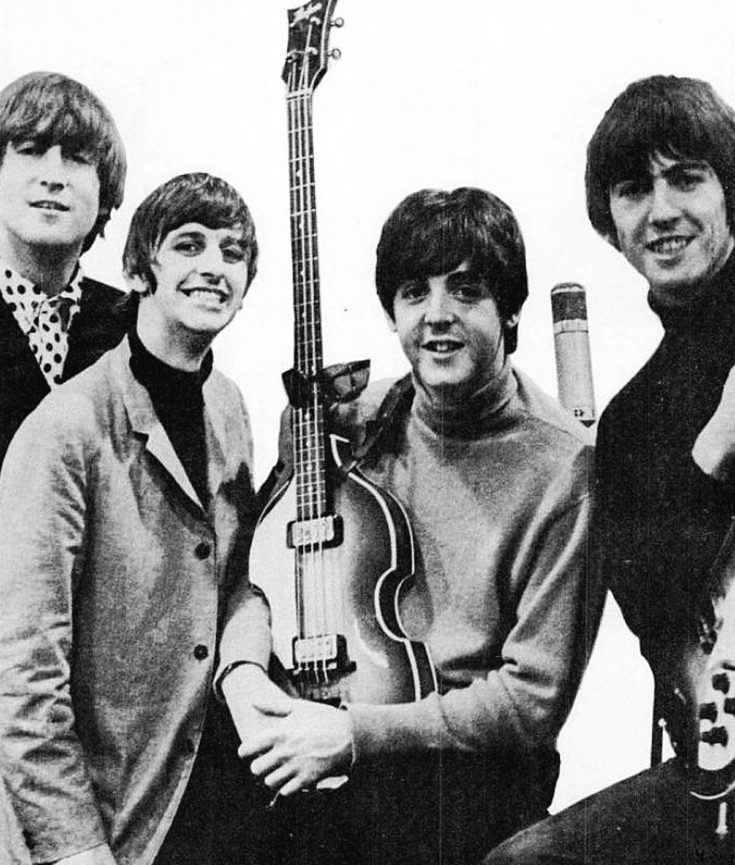The Beatles could be sexist jerks personally, but one scholar says the band surprisingly explored ‘proto-feminist’ themes in some songs.
Originally published on the Harvard Gazette
Looking back at your favorite classic rock songs through the lens of today’s attitudes about women’s empowerment, male privilege, and even sexual violence can be cringeworthy at best. But just as they were trailblazers in music, film, fashion, and popular culture, the Beatles were ahead of their time in embracing feminism, argues Kenneth Womack, a well-known authority on the band and dean at Monmouth University, evolving from early patronizing “hey, girl” entreaties to songs filled with independent women who don’t need a man, not even a Beatle. Ideological Diversity, a Harvard Kennedy School student organization, hosts a free talk with Womack on Thursday about how the group explored issues of feminism, gender, and inclusion in ways few rock bands dared in the 1960s. The event begins at 7 p.m. at Starr Auditorium and is open to the public. Here’s a primer on the talk ahead.
Harvard Gazette: The Beatles aren’t known for their ill treatment of women and certainly don’t have the reputation that the Rolling Stones did, who were notoriously sexist even by that era’s low standards. But I don’t know whether people think of them as “proto-feminists,” as you have referred to them. What do you mean by “proto-feminist” and in what way?
WOMACK: Rock ’n’ roll, or even popular music, [was] often highly gendered and sexist. It certainly was paternalistic in the ’60s and prior, in terms of songs being directed at women as objects, women as needing to be “counseled” about love, [or] it was about coming on to them, even if it was just something innocent and romantic, “I Want to Hold Your Hand.” And the Beatles very consciously in 1965 began to change their tone. They created a very specific type of female character who would think for herself and did not need a man. And that is revelatory, really. We have many songs that begin to appear at that point that are highly progressive about women living their own interests and aims and pleasure, as opposed to serving some undefinable other. It’s pretty exciting stuff. And it’s a great moment when I teach the Beatles because you can see the students picking up on what they were trying to do, and how unusual it was then, and perhaps even now.

